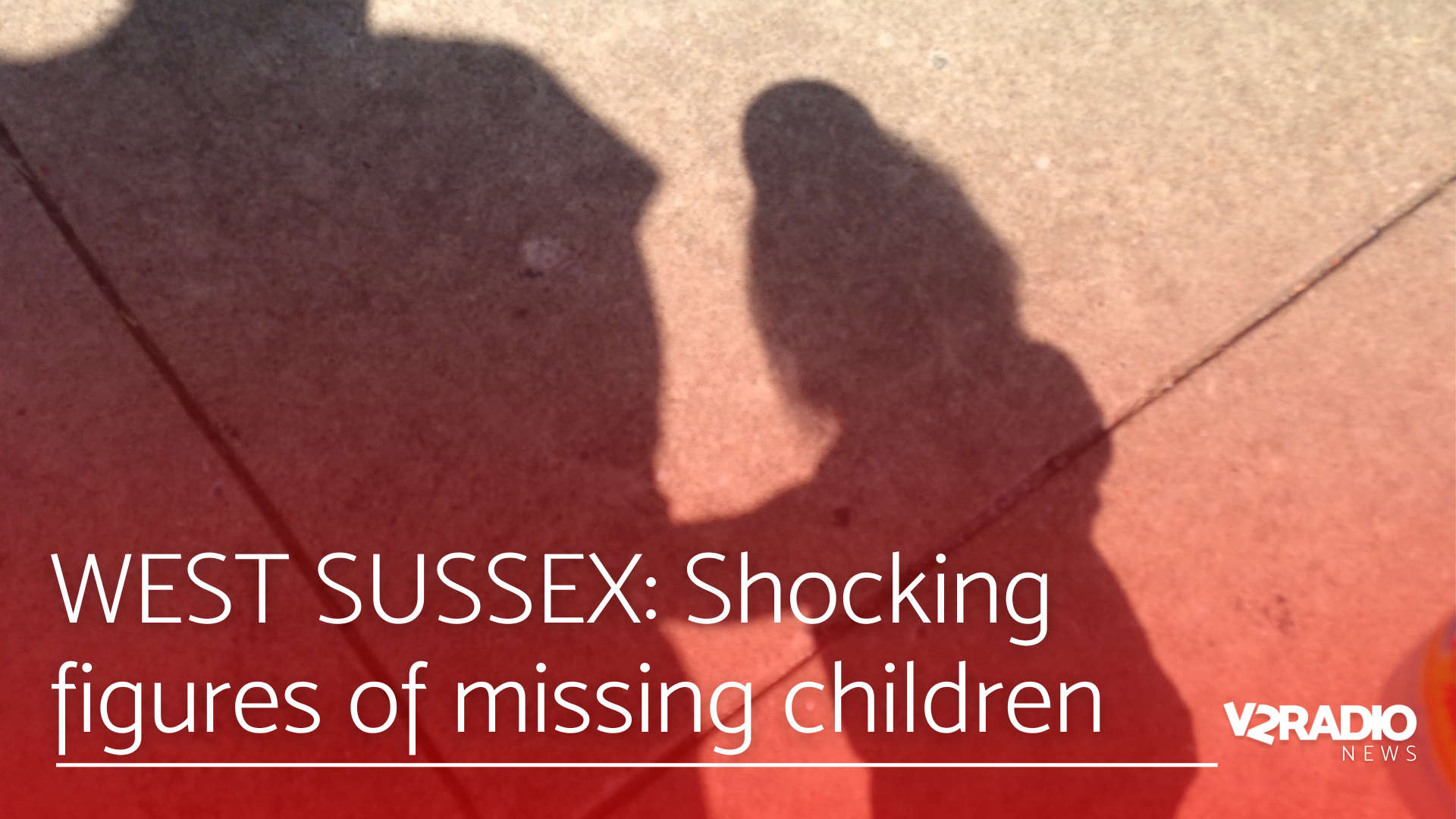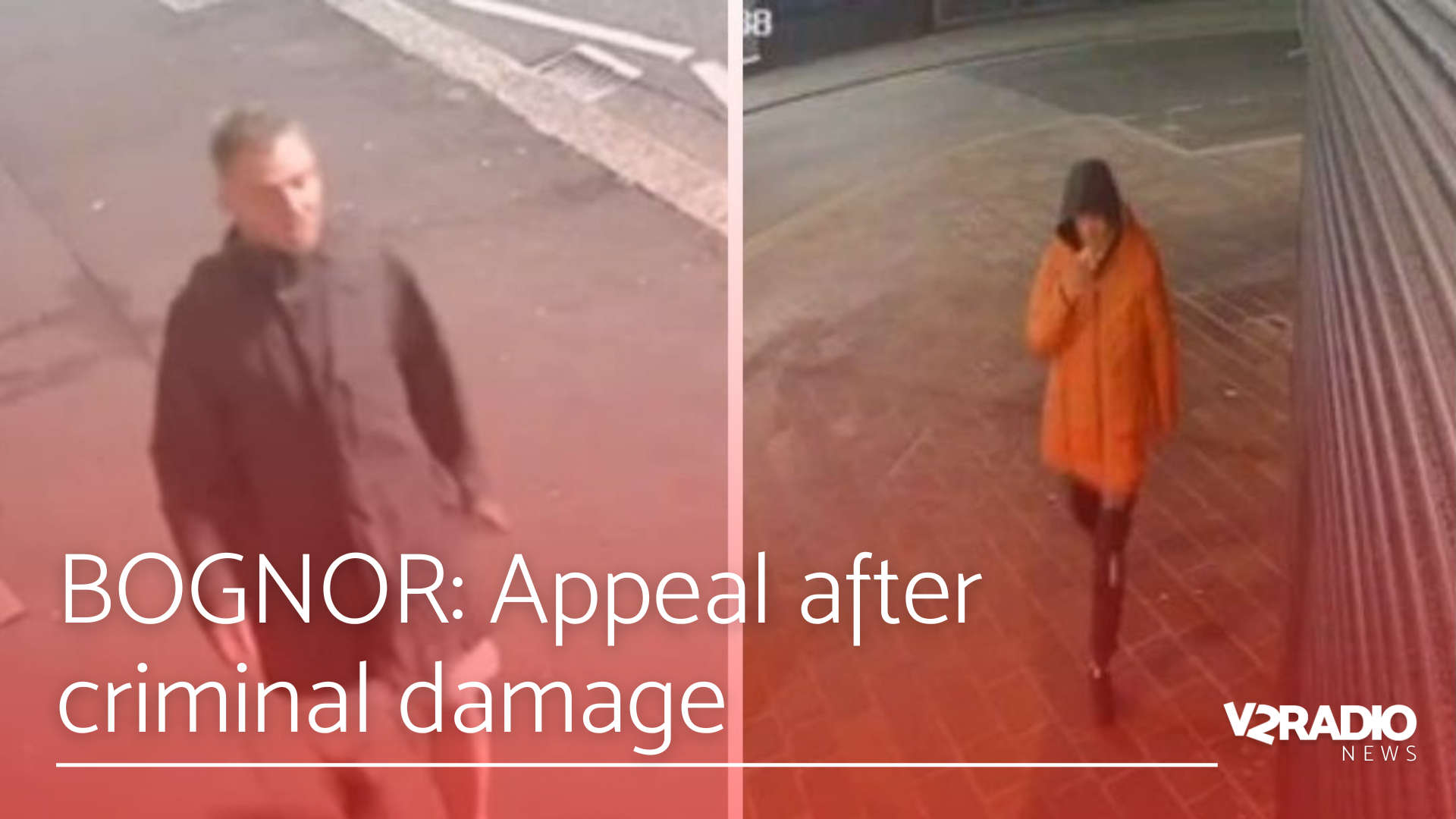
More than 1,000 children in West Sussex went missing in 2024 and 2025, many of them more than once, councillors have been told.
The figures for July 2024 to June 2025 were shared during a scrutiny committee meeting on Wednesday (September 10).
A report into the work of the Missing Children’s Team stated that there had been 4,047 cases of missing children involving 1,033 youngsters.
The seven-strong team works closely with Sussex Police’s Missing Team as well as wider Social Care Teams to ensure the safety of missing children.
Jacquie Russell, cabinet member for children, young people & learning, said 15-year-olds were the most likely to go missing, while 17-year-olds more likely to go missing more than once. The gender split was almost 50-50, with six more boys than girls going missing.
Mrs Russell praised the work of the team, whose role includes performing Return Home Interviews with the children to try to find out what has been happening to make them want to leave and how they can be supported in the future.
Mrs Russell said: “I was particularly interested to read [the report] referring to occasions where families do not report their children missing through the fear that this will bring them to the attention of the police and thus criminalise them, as opposed to strengthening their chances of safety.
“So I was encouraged to read that there is work being done around adopting a sensitive approach and assisting these families to understand the importance of reporting missing episodes as having a positive impact.”
The report stated that children living in Adur and Worthing were more likely to be reported missing, while those in Crawley were more likely to go missing more than once.
It is thought that this is linked to the number of placements in Crawley where children from out of the area are placed there by other Local Authorities.
Rebecca Walsh, head of service, early help & children’s social care, said the team needed to look at and understand children’s behaviour in order to work out how to help them.
She added: “Missing episodes are very much a symptom of what might be going on for a child. There can be lots of different reasons but it might mean that things are tricky at home, it might mean that relationships are difficult.
“Or there might be pulls from outside the home that are perhaps encouraging that child, bringing them out of the home and away from their parents and carers.”
The committee stressed the importance of preventative work, particularly with children care for by the authority.

 Body of woman found in Hassocks
Body of woman found in Hassocks
 Boy accused of murder in Seaford appears in court
Boy accused of murder in Seaford appears in court
 Yellow weather warning for wind across the South
Yellow weather warning for wind across the South
 Police raise awareness on spiking myths and how to report for a safer night out
Police raise awareness on spiking myths and how to report for a safer night out
 Residents shown how to appose 3,000 homes West of Ifield
Residents shown how to appose 3,000 homes West of Ifield
 MP Jess Brown-Fuller urges hospital leaders to re-open St Richard’s cardiac cath lab in Chichester
MP Jess Brown-Fuller urges hospital leaders to re-open St Richard’s cardiac cath lab in Chichester
 Adur Outdoor Activities Centre refurbishment
Adur Outdoor Activities Centre refurbishment
 Portsmouth residents help cement city’s reputation as the UK’s street art capital
Portsmouth residents help cement city’s reputation as the UK’s street art capital
 Free health and wellbeing programme will support men in the Chichester District
Free health and wellbeing programme will support men in the Chichester District
 Appeal after criminal damage caused in Bognor
Appeal after criminal damage caused in Bognor






